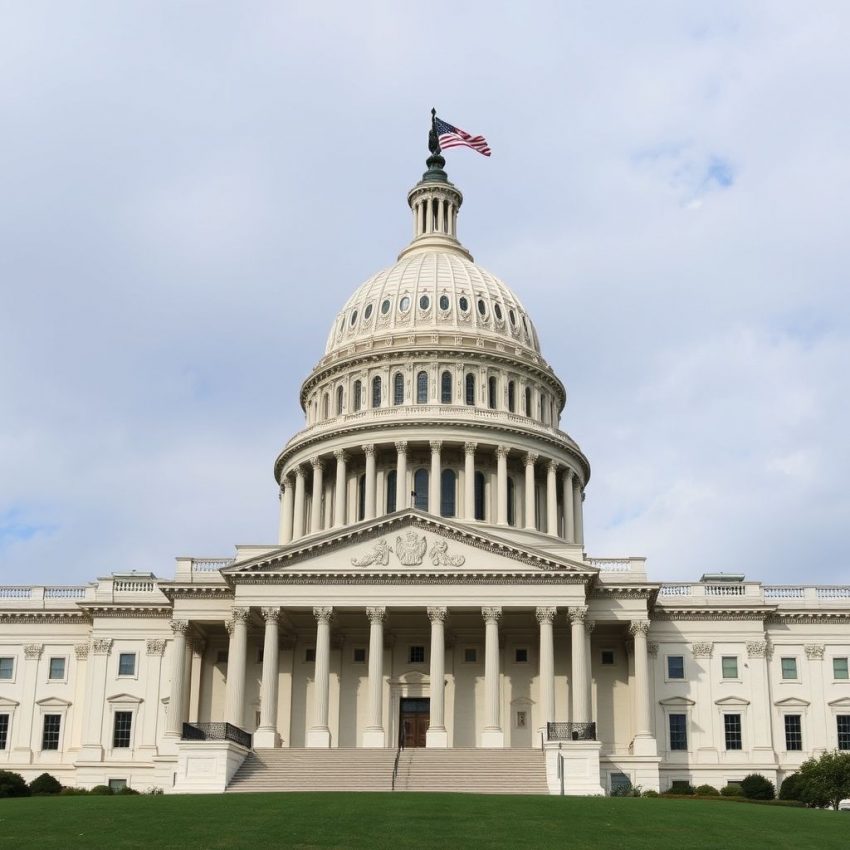IRS DeFi Broker Reporting Rule on Chopping Block: What it Means for Crypto
A resolution aimed at overturning a controversial cryptocurrency reporting requirement within the Infrastructure Investment and Jobs Act is now headed to President Biden's desk. This bipartisan effort seeks to repeal the provision that broadly defines "brokers" in the decentralized finance (DeFi) space, a move critics argue would stifle innovation and impose impractical burdens on developers and participants.
The Problem with the Original Rule:
The original provision mandates that anyone involved in a cryptocurrency transaction exceeding $10,000 report it to the IRS, similar to how stock brokers report trades. However, the definition of "broker" was so broad that it could encompass miners, validators, and even software developers who create the protocols that underpin DeFi platforms. These individuals often lack access to the customer information required for such reporting, rendering compliance impossible and threatening the very foundation of decentralized systems.
Why the Pushback?
The crypto community has been vocal about the potential damage this rule could inflict on the nascent DeFi sector. The core argument rests on the decentralized nature of these platforms. Unlike centralized exchanges, DeFi protocols operate autonomously through smart contracts, meaning there's no central authority to collect and report user data. Forcing developers and miners to comply would be like asking the creator of email software to track and report every email sent.
Bipartisan Support for Repeal:
The bipartisan nature of this resolution highlights the growing understanding of the unique challenges posed by regulating DeFi. Both Democrats and Republicans have recognized the potential for innovation within the crypto space and the need to foster a regulatory environment that supports responsible growth without stifling it with ill-fitting rules.
What Happens Next?
While the resolution's passage through both the House and Senate is a significant victory for the crypto community, the battle isn't over. President Biden now faces a choice: sign the resolution, veto it, or allow it to become law without his signature. All eyes are on the White House as the industry anxiously awaits the final decision.
Implications for the Future of DeFi:
The outcome of this situation will significantly impact the future trajectory of DeFi in the United States. A successful repeal would signal a willingness from lawmakers to engage with the nuances of decentralized technology and craft tailored regulations that promote innovation while addressing legitimate concerns. Conversely, a veto would likely chill investment and development within the U.S., potentially pushing innovation overseas.
Stay Tuned:
The debate surrounding the regulation of DeFi is far from settled. This resolution is a crucial step, but the broader conversation about how to balance innovation, consumer protection, and tax compliance in the digital asset space is ongoing. Stay tuned for further updates as this story unfolds and the future of DeFi in the U.S. takes shape.
Don’t miss out on this exclusive deal, specially curated for our readers!
This page includes affiliate links. If you make a qualifying purchase through these links, I may earn a commission at no extra cost to you. For more details, please refer to the disclaimer page. disclaimer page.

